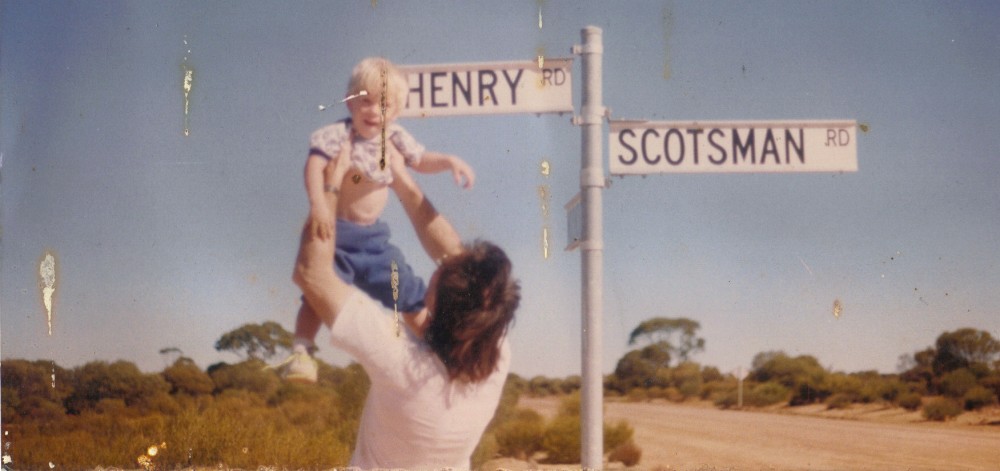If it was difficult to join two disparate lines then surely adding a middle one will fail to tell us what we don’t already know. That said, let’s try three lines or couplets we can align in any order. That way, if one has more relevance or resonance than another in a certain position, we at least have that as a tool in our armoury.
‘The yarn pulls apart’
‘Rolling hills of condescension/Rolling waves of seize your chance’
‘Heavenward or awkward, you decide’
Well, the yarn pulls apart could reasonably sit at the end but so could Heavenward or awkward, you decide. In fact, that has a conclusive tone to it. The rolling hills and rolling waves are on a roll; you’d see those in the middle.
But none of that is accounting for what the finished song decides. What do I mean? Well the order of the lines in abstract are different again to the order of lines once the whole song unravels. There’s always an element of enigma and it’s best to allow for that.
Let’s try three different (unfinished) pieces placing them in different order and see what eventuates:
The yarn pulls apart
from the very start
The close-knit brow
for the here and now
Lie rolling waves of condescension
rolling waves of seize your chance
The waves pull me under
once more rent asunder
Weave an old wives fancy
Several stories high
The hills rise before me
the rest to restore me
Depict a depth I fancy
Paddled tales afire
The characters collude and then collide
Heavenward or awkward you decide
II
Rolling hills of condescension
Rolling waves of seize your chance
I’ve watched the way you’re guided
all the time you’re timed and tided
The yarn pulls apart
at the source your art
Always confound whom you confide
Heavenward or awkward, you decide
III
Heavenward or awkward you decide
To give birth to the earth where you reside
The sentimental celestials wait some while
For you to scan the skies
The yarn pulls apart
all the yearning for a start
To rolling hills of condescension
Rolling waves of seize your chance
IV
So order is important. If not the order imposed by a theme or subject then by how we place the lines; the beginning, middle and end. This affects the flow and it privileges the beginning, which takes over from the title or subject matter when they are not defined.
These are drafts and can be sketched out with more repetition and effects that suit the vocals or music. The important thing to take away from this lesson is that it is possible to construct meaning merely by choosing a leading line. There are more than three possible treatments here: you could do yarn/Heaven/hills or Heaven/hills/yarn, for instance. And you’ll notice I’ve already turned the ‘hills of condescension’ into ‘waves of condescension’ in one treatment.
